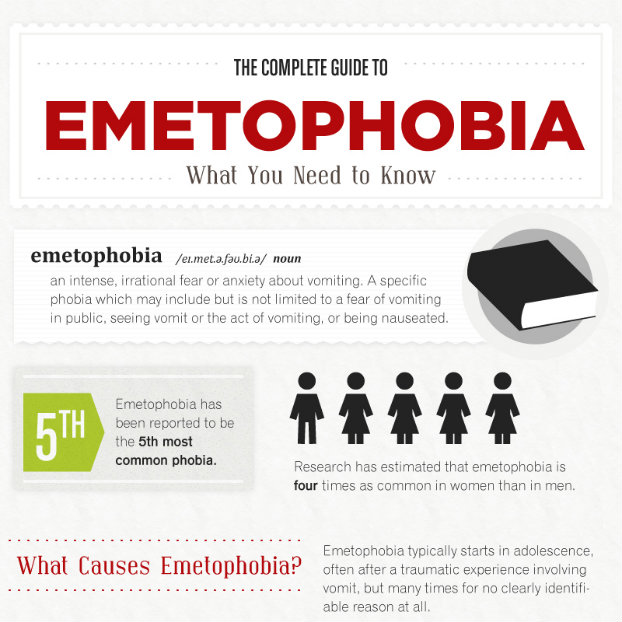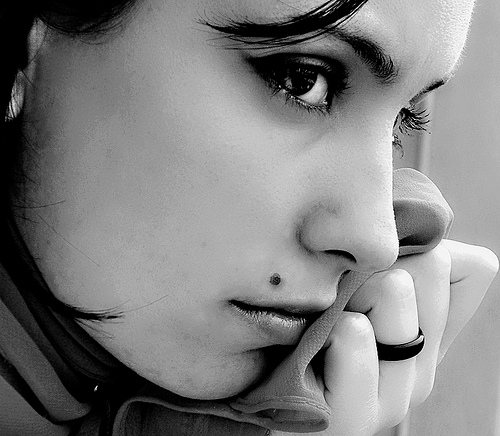When mental health illnesses are combined, the results can be unpredictable.
Psychologists refer to multiple illness diagnoses as “comorbidity.” This means one person can have more than one mental health condition, such as Post-Traumatic Stress Disorder (PTSD) and depression.
Anxiety disorders and depression are especially likely to occur together. Sometimes when a person is diagnosed with an anxiety disorder, he or she is not tested for depression. This can also happen when a depressed person is not screened for anxiety disorders.
Although it is typical for mental health workers to treat one disorder at a time, treatment can be less effective if one disorder is completely ignored or not recognized. Sometimes treating one disorder will ease symptoms of the other, but it is always better that the mental health worker is aware of all existing disorders so that he or she can discern what the best course of action is.
A study from the University of North Carolina at Chapel Hill recently examined the effects of comorbid anxiety and depression. Specifically, the researchers wanted to know how having an anxiety disorder can affect someone with depression.
They results of the study show that “People with both major depression and an anxiety disorder are more likely to have longer-lasting depressive symptoms than people with depression alone.”
When someone has more than one disorder, special attention must be paid to each disorder in order for treatment to be successful.
If you want to know more about comorbidity and the study quoted above, visit the link below.
http://www.newsfix.ca/2013/07/15/anxiety-disorders-tied-to-persistent-depression/
Photo Credit: Funky64 (www.lucarossato.com) via Compfight cc





